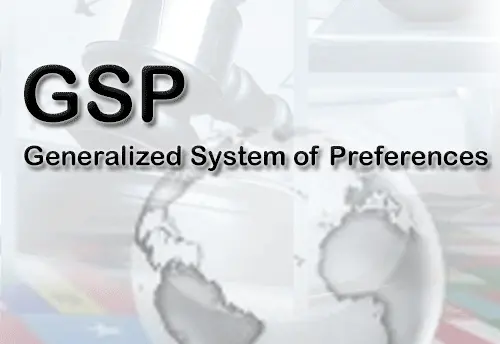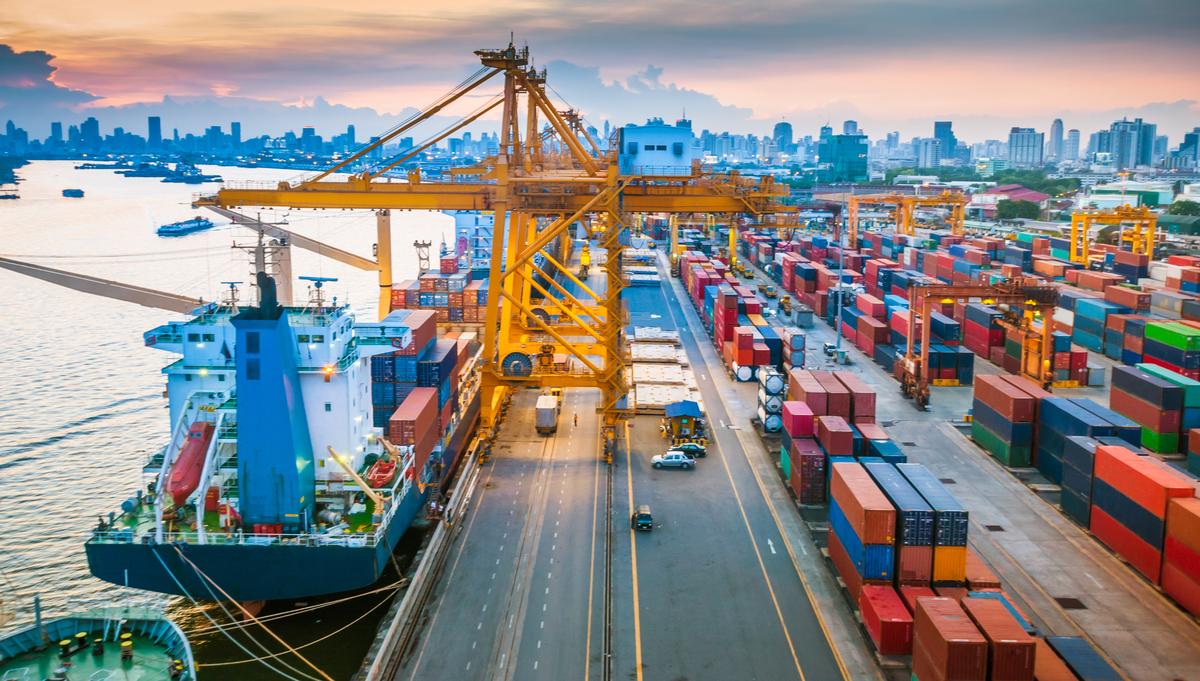About Generalized System of Preferences (GSP):
- It was instituted in 1971 under the aegis of the United Nations Conference on Trade and Development (UNCTAD).
- It is a voluntary trade measure implemented by developed countries that provides an advantageous, or “preferential”, tariff treatment to imports from developing countries.
- The preferences are in the form of either elimination or reduction in customs duty when the list of eligible products from the beneficiary developing country (BDC) is exported to the developed country.
- However, an exporter under the GSP is required to fulfil the rules of origin under the GSP scheme. The rules of origin are the criteria required to ensure that the product exported originates from the country of export and is not being diverted from another country.
- The GSP is a unilateral customs duty preference scheme i.e. there is no need for India or other BDCs to provide reciprocal customs duty preferences for the developed country.
- The major countries who grant GSP preferences to developing countries are Armenia, Australia, Azerbaijan, Belarus, Canada, European Union (EU), Japan, Kazakhstan, Kyrgyz Republic, New Zealand, Norway, Russian Federation, Switzerland, Tajikistan, Turkmenistan, Turkey, United Kingdom (UK), United States (US), and Uzbekistan.
- Each of these developed countries has its own regulatory frame work under which it provides the GSP tariff preferences.
- The GSP provided also varies in terms of the products on which preferences are provided and the developing countries exports to which the tariff preferences are granted.
- In terms of trade volumes, the GSPs granted by the EU and the US are the most comprehensive and, hence, the most important for developing countries.
- Some of the GSP schemes also provide additional tariff preferences to a specified class of developing countries, with most providing the largest coverage of GSP customs duty preferences to exports from Least Developed Countries (LDCs).
India is one of the primary beneficiaries in terms of export volume realized under the GSP. Around 40% of India’s exports to the EU are under the EU GSP, while prior to the USGSP withdrawal, around 10% of India’s total exports to the US were under the GSP.
Q1: What is the United Nations Conference on Trade and Development (UNCTAD)?
It is the UN’s leading institution dealing with trade and development. It is a permanent intergovernmental body established by the United Nations General Assembly in 1964. Its objective is to assist developing countries, especially the least developed countries, and countries with economies in transition, to integrate beneficially into the global economy. It also seeks to help the international community promote a global partnership for development, increase coherence in global economic policy making, and assure development gains for all from trade.
Source: Renew the generalised system of preferences
Last updated on February, 2026
→ UPSC Notification 2026 is now out on the official website at upsconline.nic.in.
→ UPSC IFoS Notification 2026 is now out on the official website at upsconline.nic.in.
→ UPSC Calendar 2026 has been released.
→ UPSC Final Result 2025 is expected to be released in the second week of April 2026.
→ Check out the latest UPSC Syllabus 2026 here.
→ Join Vajiram & Ravi’s Interview Guidance Programme for expert help to crack your final UPSC stage.
→ UPSC Mains Result 2025 is now out.
→ UPSC Prelims 2026 will be conducted on 24th May, 2026 & UPSC Mains 2026 will be conducted on 21st August 2026.
→ The UPSC Selection Process is of 3 stages-Prelims, Mains and Interview.
→ Prepare effectively with Vajiram & Ravi’s UPSC Prelims Test Series 2026 featuring full-length mock tests, detailed solutions, and performance analysis.
→ Enroll in Vajiram & Ravi’s UPSC Mains Test Series 2026 for structured answer writing practice, expert evaluation, and exam-oriented feedback.
→ Join Vajiram & Ravi’s Best UPSC Mentorship Program for personalized guidance, strategy planning, and one-to-one support from experienced mentors.
→ Check UPSC Marksheet 2024 Here.
→ UPSC Toppers List 2024 is released now. Shakti Dubey is UPSC AIR 1 2024 Topper.
→ Also check Best UPSC Coaching in India




















